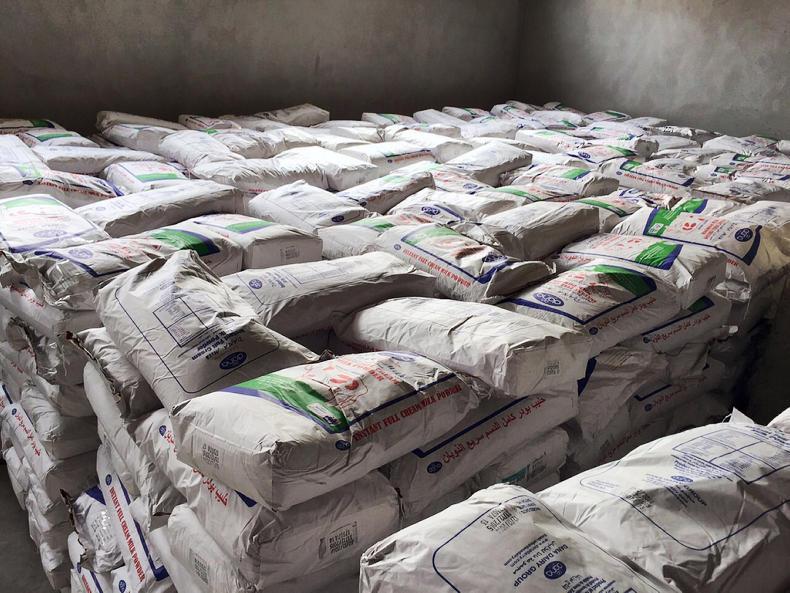The Government in the Republic of Ireland is fast-tracking the recruitment of customs officials for checks at Ireland’s ports, as concerns grow that the UK is heading towards a no-deal Brexit on 29 March 2019.
Senior officials from the Department of Agriculture also met with their DAERA counterparts last Friday, to scope out their level of preparedness should there be a hard Brexit ahead.
Meanwhile, Defra in London has increased preparations for a no-deal Brexit by contacting agri food companies about setting up a quota system for imports. This would come into effect if the UK left the EU without a withdrawal agreement and began trading under World Trade Organisation (WTO) rules.
It would give firms a licence to import certain products tariff free, so that operations in factories could continue. The quota system would mean that current EU tariffs for other goods would remain, and only certain amounts could enter the UK tariff free. Effectively, the proposed system is being designed to stop the UK being flooded with cheap food after Brexit, which would seriously undermine the entire agri food industry.
However, the risk is that quotas would eventually be extended or increased for other products.
“We can see how it would work, but it would require a huge amount of information on trading patterns. A no-deal Brexit is just not where we want to be,” one industry source said.
Health certificates
Another pressing concern for the NI industry is progress on export health certificates (EHCs), even if a Brexit deal is agreed by next March.
At present, EU certificates accompany exports of all animal-based products from the UK. EHCs are specific for individual products and for each export market, meaning there are around 1,400 versions of EU certificates for over 150 countries.
A Defra spokesperson told the Irish Farmers Journal this week that the UK intends to use existing EHCs for exports on the basis that existing EU laws are initially being retained after Brexit.
“This decision has been taken after consulting with our top 15 priority countries which have the highest volume of EHC use,” the spokesperson said.
However, sources in the NI agri food sector indicate that the government’s priority countries are based on exports from Britain, and do not necessarily represent the trading situation in NI.
Questions are also being raised by the industry here about why it has taken the UK government so long to consult trading partners on post-Brexit EHCs and why only 15 export countries have been asked to date.
“Products that will be arriving in markets after Brexit will be made in the next few weeks and will be shipped in February. We need to know if these products will be accepted at ports on the far side of the world when they arrive,” a dairy industry source said.






 This is a subscriber-only article
This is a subscriber-only article









SHARING OPTIONS: